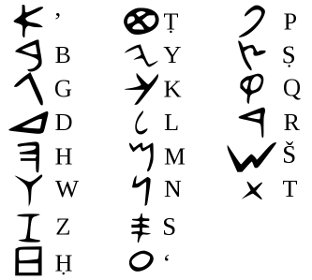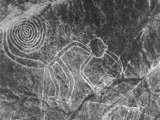Phoenicia

Emergence of Phoenicia
Phoenicia was an ancient civilization which emerged on the shores of the Eastern Mediterranean in modern day Lebanon, Syria and Israel about 2800 BC. The Phoenicians were Semitic peoples known as the Canaanites who established themselves as important traders and navigators in the Mediterranean by the 13th century BC. They dominated the Mediterranean, reached the British Isles and according to the Ancient Egyptian records even rounded Africa. They were perhaps best known for their violet-purple dye made from shellfish which implies the translation of Phoenicia meaning purple in Greek.
Phoenician Cities
Phoenicians did not have a central government like Ancient Egypt but were organized into-city states. They were fighting with each other for supremacy but they occasionally joined into leagues or alliances. Each city was an independent political unit ruled by a king. The most important Phoenician cities were Byblos, Tyre and Sidon which established their posts and colonies across the Mediterranean. Some of the Phoenician colonies evolved into independent states of which is best know Carthage founded by Tyre in the 9th century BC.
Phoenician Culture and Religion
Phoenician culture was similar to those in other Semitic peoples. They worshiped various gods and goddesses, most often fertility gods. Phoenician religion also included human sacrifices, typically children. El was father of all gods and the Phoenician supreme god though Baal, the god of storm perhaps even superseded El as the most important Phoenician deity. There were some difference from city to city and each Phoenician city had its own supreme god. Melqart was tutelary god of Tyre, while Eshmun was tutelary deity of Sidon.
The Golden Age of Phoenicia
Phoenician cities were often under control of their powerful neighboring states – Egypt, Hettite Kingdom, Assyria and Persia. The Phoenician civilization reached its golden age after the weakening of the Egyptian power from 1200 BC onwards, while the largest Phoenician cities even managed to withstand the attacks of the Assyrians. However, they were eventually absorbed by the Persians.
Phoenician Alphabet
One of the greatest achievements of Phoenicians was development of phonetic alphabet which is believed to be the basis of all modern alphabets. Phoenician alphabet served as a model to the Ancient Greeks who modified it and added letters for vowels.




